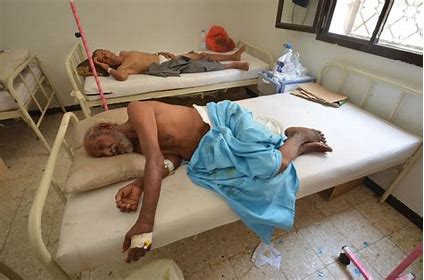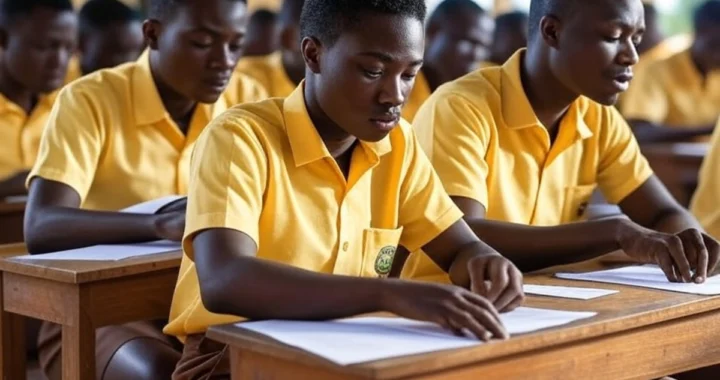Zimbabwe Struggles to Contain Cholera Outbreak as Concerns Grow

Zimbabwe is grappling with a severe cholera outbreak, prompting government measures to prevent a crisis similar to the 2008 outbreak that was declared a “national emergency.” Cholera cases have been reported in all of Zimbabwe’s ten provinces, with the most alarming spikes in the southeastern provinces of Masvingo and Manicaland.
Since February, the cholera outbreak has claimed over 100 lives and infected approximately 5,000 people, according to government estimates. The disease, which is waterborne and primarily transmitted through contaminated food or water, spreads rapidly in Zimbabwe due to its inadequate sanitation infrastructure and limited access to clean water.
A significant portion of the population, particularly in remote villages, lacks access to tap water for extended periods, forcing them to draw water from unsafe sources like wells or rivers. Moreover, broken pipes and piles of uncollected garbage contribute to the risk of disease transmission.
The worsening situation has made it increasingly difficult for Zimbabweans to access clean water and water purification supplies, making them more vulnerable to cholera. In the past, health workers used to distribute water purification tablets to communities for treating open wells, but this practice has become less common in recent times.
Safe boreholes, which nearly 38% of the population relies on for water, have also deteriorated. Many people are left with no choice but to collect water from contaminated rivers when boreholes break down due to the immense pressure on the few available.
President Emmerson Mnangagwa has acknowledged the country’s infrastructure shortcomings and has unveiled plans to drill more boreholes in each of the country’s 35,000 villages over the next year.
ALSO READ: Morocco town holds protest to demanded aid weeks after earthquake (ghanaeducation.org)
The current cholera crisis in Zimbabwe is the most severe since 2008 when approximately 4,000 people died in a nationwide outbreak. Cholera is an ongoing concern in neighboring southern African countries, including Malawi, South Africa, and Mozambique. Combined, these nations, along with Zimbabwe, have reported over 1,000 cholera-related deaths since late 2022.
Zimbabwe’s struggle to contain the cholera outbreak underscores the urgent need to address water and sanitation challenges and ensure access to clean water for the population. Public health initiatives and infrastructure improvements are crucial to preventing future cholera epidemics in the region.
MORE STORIES FOR YOU [wp_rss_retriever url=”https://ghanaeducation.org/feed/” items=”10″ excerpt=”0″ read_more=”true” credits=”true” new_window=”true” thumbnail=”0″ cache=”24″]
BOOKMARK GHANAEDUCATION.ORG FOR MORE!
| LATEST EDUCATION STORIES |
| [display-posts posts_per_page="10" include_date="true"] |
| View All Breaking News → |


 2026 BECE Projected English Language Topics For Students
2026 BECE Projected English Language Topics For Students  Ghana’s First E-Voting system for Schools and Institutions launched – Say Goodbye to Paper Ballots
Ghana’s First E-Voting system for Schools and Institutions launched – Say Goodbye to Paper Ballots  BECE 2026 School Mocks & Timetable | Education-News Consult
BECE 2026 School Mocks & Timetable | Education-News Consult  Southsore University unveils innovative-led African sovereignty initiative
Southsore University unveils innovative-led African sovereignty initiative